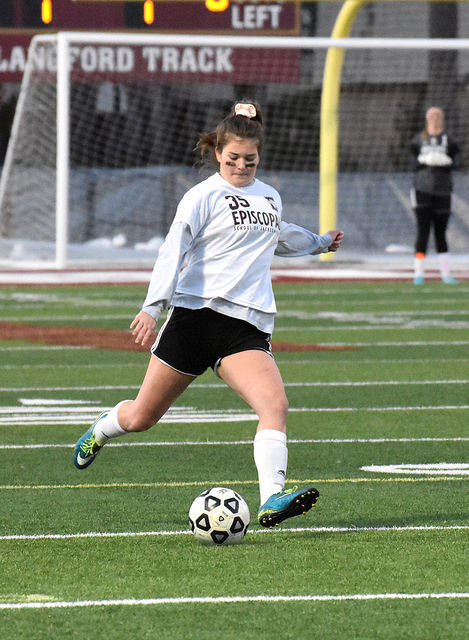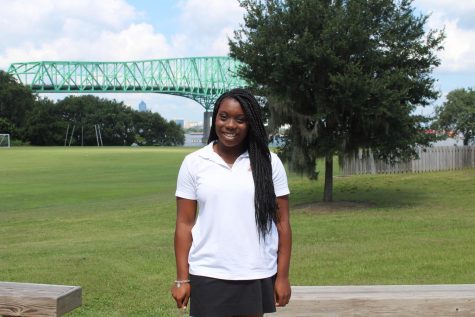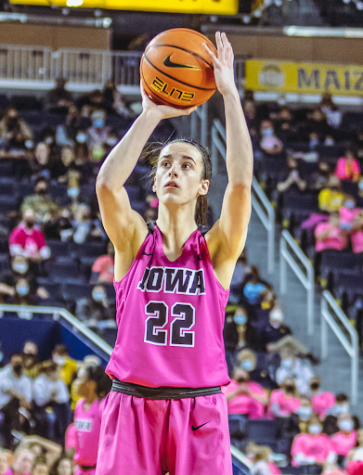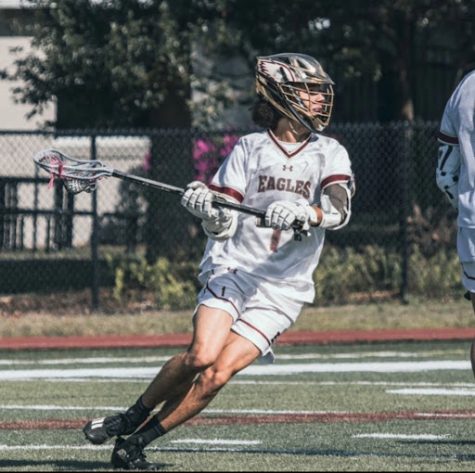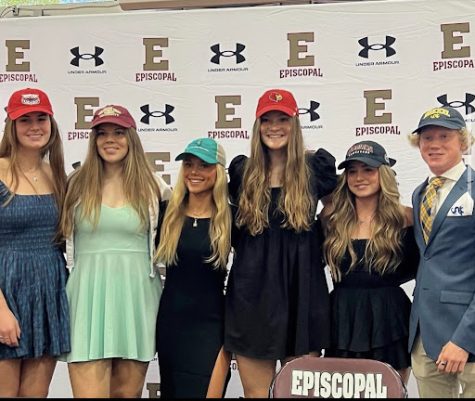Sports Injuries: A Student Athlete Perspective
November 30, 2018
As student athletes, lessons such as time-management skills, how to communicate well with others, and how to deal with trials in general are taught. Being injured is just one example of the difficulties many athletes face.
In August of 2018, right before my favorite cheerleading event of the season, my old hip injury began to flare up. I use the word injury because neither myself nor the seemingly millions of doctors I saw could give me a diagnosis. However, this type of pain felt new, and I realized immediately that it needed to be checked out. Long story short, after seeing about five other doctors and having three extensive tests done, I still have no diagnosis. Being away from cheerleading for this long has not only affected my stamina but also my focus and honestly, my overall joy.
I’m not the only athlete who has suffered from a sports injury this year, and when speaking with some fellow Eagles, I gained a greater understanding of the adversity accompanied with an injury. Two such conversations were with Parker Kelly ‘20 and Jackson Jones ‘20, who play football and soccer, respectively.
Interview with Kelly…
Interviewer: How did you injure yourself?
Kelly: I got hurt during a football game against Creekside (High School).
Interviewer: How did you feel when you received your diagnosis?
Kelly: When I got the diagnosis, I was really mad because they said I was out for the year.
Interviewer:What has been the hardest part of your recovery?
Kelly: The hardest part of my recovery has been been the physical therapy because my right leg lost lots of muscles, and I’m trying to work to get it back to where it was before my injury.
Interviewer: What lesson have you learned from your injury and recovery?
Kelly: One lesson that I’ve learned while injured was that you need to work hard to not get injured and play hard.
Interviewer: How did your team help you through such a difficult time?
Kelly: My team helped me through this because I went to practice everyday after my injury and held my head up high and cheered on my teammates.
Interview with Jones…
Interviewer: How did you injure yourself?
Jones: I was kicking a soccer ball while learning a new move and my knee went one way while the ball went another.
Interviewer: How did you feel when you received your diagnosis?
Jones: I was very upset and disappointed and I thought my soccer season was over before it even started.
Interviewer: What was the hardest part of your recovery?
Jones: Having limits to what I could do was the hardest part of my recovery.
Interviewer: What lesson have you learned from your injury and recovery?
Jones: I have learned to sleep more when you’re tired instead of pushing yourself. I was awake for 42 hours.
Interviewer: How did your team help you through such a difficult time?
Jones: My team has been really supportive so far. I will go to their games and cheer them on. They make me feel like I am still on the team even though I can’t play.
Despite the hardship of injuries, Episcopal athletes are fortunate to have a strong community to support them whether that be in the form a teacher, a classmate or a team.
Image courtesy of Advancement Office.

